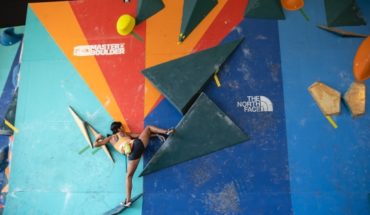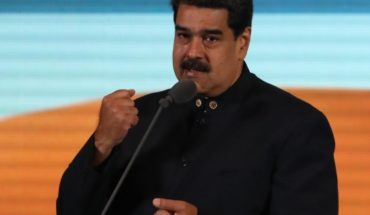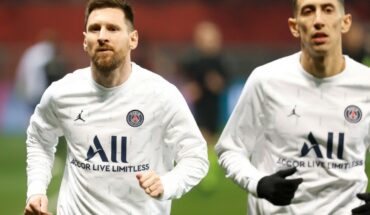The opposition leader Juan Guaidó called this Saturday his followers not to fall into the inaction before the fear, in a day of timid protest in Venezuela to repudiate an offensive of the official after the failed military uprising against the President Nicolas Maduro. In the Plaza Alfredo Sadel, in the east of Caracas, an area of opposition majority, Guaidó spoke to about 2,000 people, slack attendance at the mass marches that led in recent weeks in his struggle for power with Maduro. We come to the historical moment: either we are prey to fear, despair, inaction (…) or we are united in the streets, with hope, with strength, “the parliamentary chief, who was recognized as acting president for half a hundred countries, launched. Eleven days after the unsuccessful uprising of April 30 led by Guaidó, which unleashed a formalist offensive that broke with a deputy prisoner and several refugees or fled, handfuls of people congregated in other cities of the country, showed images of the Press.
Photo: AFP
“Today I ask Venezuela not to rest for a single day until we get the change in Venezuela. We are not going to do it, despite the persecution, of harassment, “said Guaidó, at risk of being detained after losing his parliamentary jurisdiction in April.” We’re all afraid of repression, but we can’t stay in the house, “said AFP Melquíades Rosales, a 42-year-old trader who carried a Venezuelan” mourning “flag, with black replacing yellow, blue and red. The analyst Felix Seijas, director of the pollster Delphos, warned that if the “population is Desmobiliza, will be delivering the only tool that has at their disposal and the only one that depends on itself.” Resisting until when?
Since the President-in-charge was proclaimed on 23 January after the parliament declared illegitimate the re-election of Maduro, Guaidó has led demonstrations and called on the military to turn their backs on the socialist leader to foster a transition and ” Free elections. ” How long can we resist as a society? “asked this Saturday Guaidó, referring to the persistent economic and social crisis in Venezuela, the worst of its recent history. But the political heir of the late former President Hugo Chávez (1999-2013), who claims to face a continued “coup d’état” of the US-azuzada opposition, continues to count on military support and Russia and China; Support that allowed him to survive the uprising, prologue to riots that left six dead.
For these facts, the Supreme Court of Justice (TSJ), of official line, charged ten deputies, including Edgar Zambrano, for treason and conspiracy. Zambrano, Vice-President of Parliament, was arrested on Wednesday in an operation worthy of a film that included the tow truck of the vehicle in which he was. He was then admitted to a military prison in Caracas. Three of his colleagues took refuge in the residences of the ambassadors of Argentina and Italy and another fled to Colombia. The remaining ones keep low profile. Some twenty members of Parliament, the only institution in opposition hands but nullified in practice by justice, have been the subject of judicial measures. The US factor
The unsuccessful rebellion was coordinated by the Chief Intelligence Officer Cristopher Figuera, denounced the mature Friday, crossing the CIA’s “mole” defector. Figuera, which the United States rewarded for its rebellion with the lifting of sanctions against it, and another 55 officers were expelled from the armed force by a presidential decree. ” I say to the military authorities of the United States (…): We are not asking, we are demanding that the law be respected, “said Saturday in a televised speech by the Minister of Defense, Vladimir Godfather. The military chief reacted after Venezuela Report that a U.S. Coast Guard ship entered waters under its jurisdiction in past days. In his speech, Guaidó announced that he asked his U.S. representative to “reestablish relations” with the U.S. Southern Command, whose chief, Admiral Craig Faller, was put on the order to discuss “support” for military bosses who don’t know Maduro. Washington, Guaidó ‘s chief enforcer, imposed sanctions to pressure the socialist leader and says not to rule out a military option. But a foreign intervention can be realized only “when the allies are willing to give that kind of help, and that is the last option or the only one to subtract from Venezuelans,” Guaidó said to Portuguese public television RTP. Venezuela reopened its borders with Brazil and Aruba on Friday, closed since February to prevent an operation devised by Guaidó to enter humanitarian aid from neighbouring countries. It keeps its borders closed with Colombia and the islands of Curaçao and Bonaire.
Original source in Spanish





